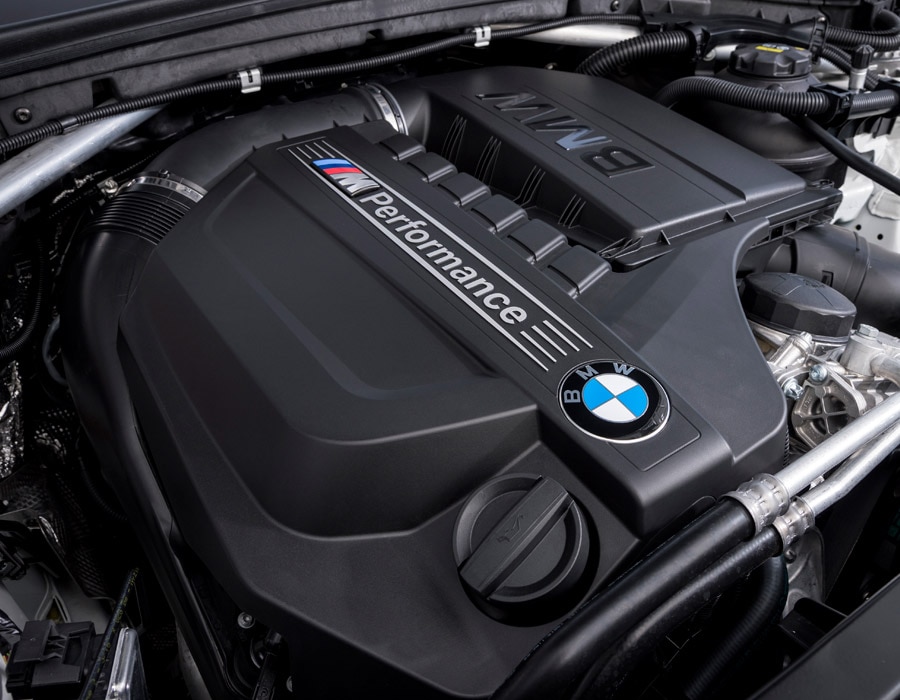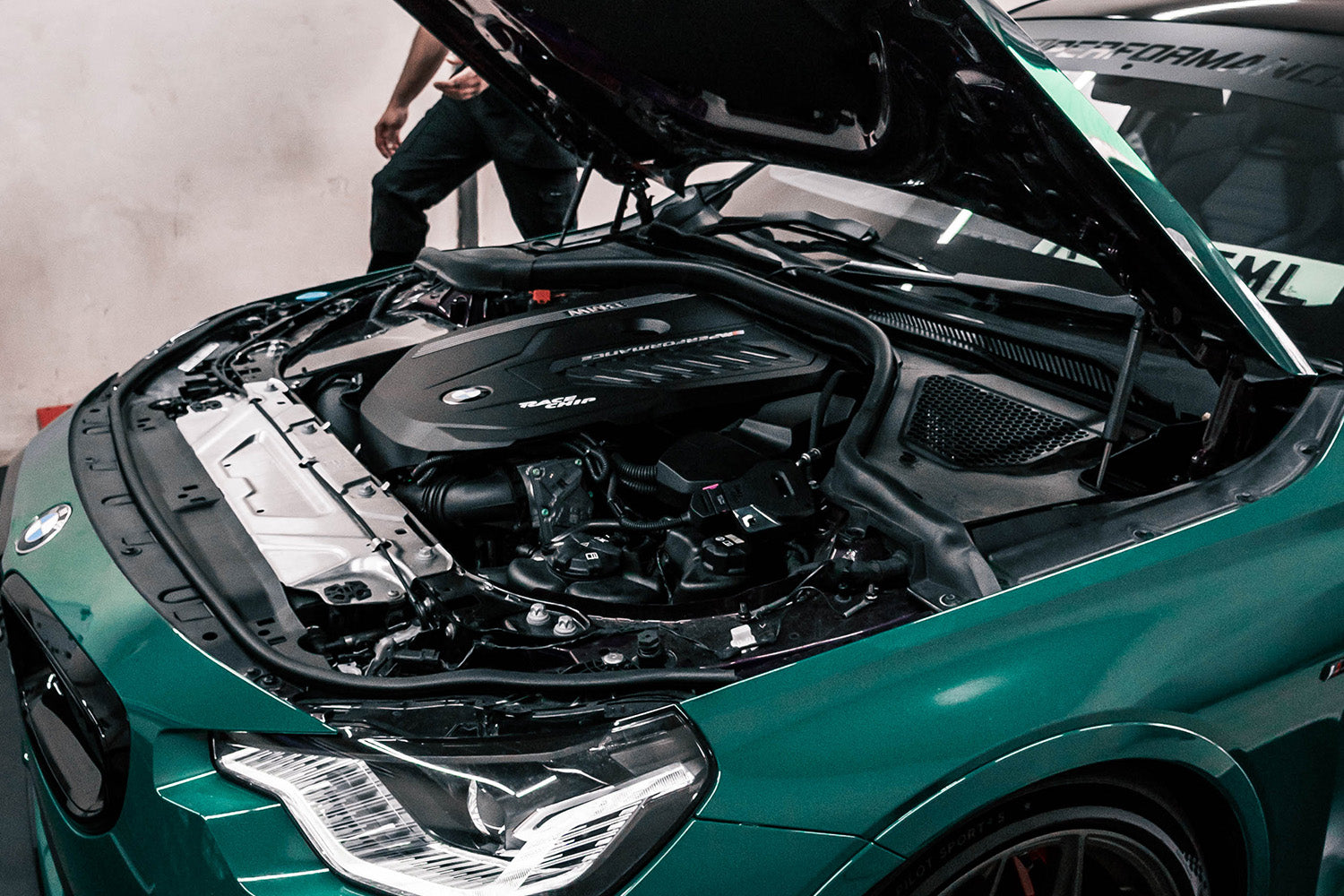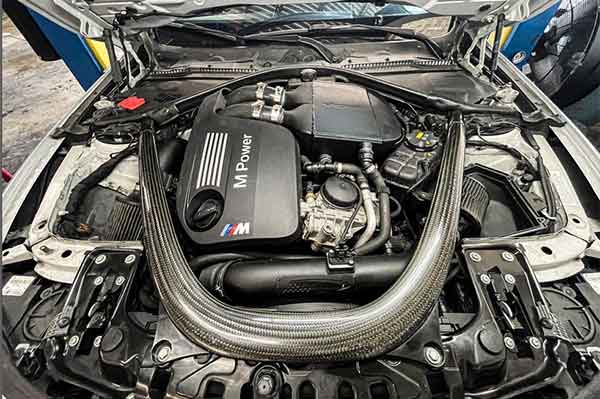Leading 5 BMW Engine Technologies Revolutionizing the Automotive Industry
Leading 5 BMW Engine Technologies Revolutionizing the Automotive Industry
Blog Article
Unveiling the Intricacies of Next-Generation Power Units: a Deep Dive Into Advanced Engine Advancements and designs
As we stand on the precipice of a new period in transportation, the details of next-generation engine layouts beckon us to discover the innovative technologies and advancements that guarantee to redefine the driving experience. Delving deeper right into the worlds of emission control, smart engine monitoring systems, and the perspective of power unit growth, we locate ourselves on the cusp of a makeover that guarantees to improve the landscape of movement as we recognize it.
Advancement of Engine Materials

The change towards advanced engine materials has likewise made it possible for engineers to create engines with greater power results while maintaining fuel effectiveness criteria. The usage of light-weight products lowers the total weight of the engine, leading to boosted gas economy and lower emissions. Additionally, improvements in products innovation have actually allowed for better thermal monitoring within engines, resulting in increased reliability and longevity.
Turbocharging and Supercharging Technologies
Exactly How do Turbocharging and Supercharging Technologies transform engine performance and effectiveness in modern-day automobiles? Supercharging and turbocharging are modern technologies that dramatically improve engine efficiency by boosting the amount of air consumption into the combustion chamber. Turbocharging attains this by utilizing a wind turbine driven by exhaust gases to pressurize the consumption air, while supercharging makes use of a belt- or chain-driven compressor to accomplish the same result.
These innovations enable smaller sized, much more fuel-efficient engines to generate power comparable to bigger ones, called downsizing. Forcibly more air right into the cylinders, turbocharging and turbo charging enhance burning effectiveness, causing boosted horse power and torque result without a substantial boost in engine dimension. This results in far better acceleration, towing ability, and overall driving efficiency.
Moreover, turbocharging and turbo charging add to enhanced gas efficiency by enabling the usage of smaller engines that take in much less fuel under regular driving problems - bmw engine. This combination of improved efficiency and effectiveness has made turbocharging and supercharging indispensable components of numerous contemporary engine designs
Exhaust Control and Environmental Impact
With enhancing worldwide problems regarding air high quality and ecological sustainability, the implementation of discharge control modern technologies in lorries plays an important duty in reducing dangerous toxins launched right into the atmosphere. Modern vehicles are geared up with sophisticated emission control systems that aid reduce the ecological impact of automotive operations. Catalytic converters, for example, are made to transform harmful gases such as carbon monoxide gas, nitrogen oxides, and hydrocarbons into less hazardous compounds like carbon dioxide and water vapor.
Furthermore, developments in engine innovation, such as the combination of exhaust gas recirculation systems and careful catalytic reduction, have dramatically added to reducing discharges. These innovations operate in tandem to maximize burning performance and decrease the launch of dangerous contaminants right into the air. In addition, the growth of crossbreed and electric vehicles stands for a critical step towards reducing the total ecological impact of the transport market.
Intelligent Engine Management Solution

In addition, these systems make it possible for cars to fulfill rigid emissions criteria without jeopardizing performance, giving a more eco-friendly driving experience. The integration of expert system and artificial intelligence capabilities in engine management systems continues to press the limits of what is feasible, resulting in more improvements in performance, dependability, and general automobile efficiency. bmw engine. As automotive modern technology developments, smart engine management systems will certainly play an essential function in forming the future of transport towards a much more lasting and efficient instructions
Future Trends in Power Unit Growth
As intelligent engine administration systems pave the method for improved control and optimization in contemporary automobiles, future patterns in power system advancement are poised to redefine the landscape get redirected here of automotive propulsion technologies. These alternative power sources supply boosted performance and efficiency while straightening with rigorous ecological policies.
One more significant fad is the assimilation of innovative products and producing techniques. Lightweight products such as carbon fiber and aluminum are being utilized to minimize general car weight, enhancing gas effectiveness and performance. In addition, developments in 3D printing and additive production are making it possible for the production of complicated engine components with greater accuracy and sturdiness.
Additionally, expert system and artificial intelligence are playing a crucial duty in enhancing power unit efficiency. These modern technologies enable real-time tracking and flexible control, causing much more reliable and reputable power distribution. Generally, future trends in power system development are geared towards performance, sustainability, and performance, driving the vehicle industry towards a brand-new age of propulsion modern technologies.

Conclusion
In verdict, the developments in engine materials, turbocharging, discharge control, and intelligent administration systems have actually led the way for next-generation power devices. These technologies have not only enhanced performance and effectiveness yet likewise lowered ecological effect. As modern technology continues to advance, future trends in power device development are visite site most likely to concentrate on more enhancing sustainability and enhancing power result. The intricate styles and technologies in modern-day engines showcase the continuous advancement of automobile innovation.
Discovering the modern improvements in engine materials has been essential in enhancing the efficiency and performance of contemporary engines. Over the years, the advancement of engine products has actually played an essential function in pushing the limits of what engines can accomplish.The change in the direction of progressed engine products has actually likewise made it possible for designers to design engines with greater power outputs while maintaining gas effectiveness standards.The execution of smart engine management systems in modern-day automobiles has actually reinvented the method engines are regulated and enhanced for efficiency and efficiency. By accumulating information in real-time and analyzing it with sophisticated algorithms, intelligent engine administration systems can adjust to driving styles, ecological variables, and engine health to take full advantage of power result while decreasing gas consumption and emissions.
Report this page